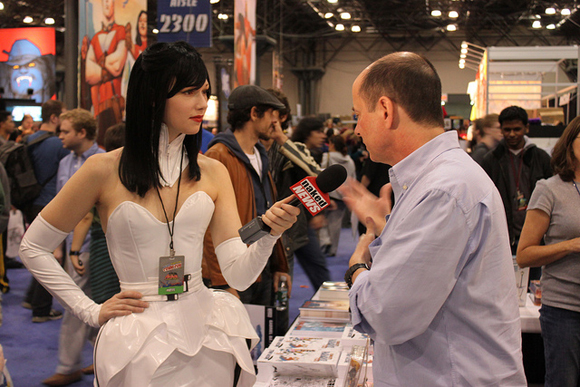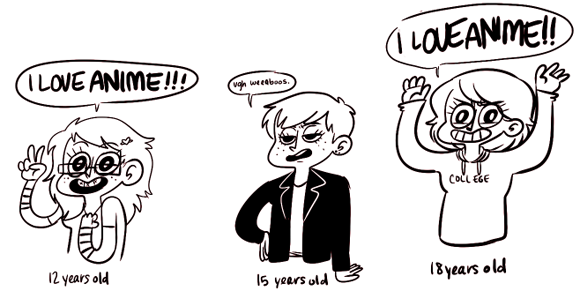Being a freelance writer can be like hurling yourself repeatedly at a brick wall.
Every day, I wake up and pitch the best ideas I can think of to half a dozen different news outlets. Most of them I will never hear from again. But the slight possibility that one in twenty will respond is my sole motivation.
I’ve been freelancing since I left the Daily Dot in December, and only now am I able to pay (some of) my bills. As Susannah wrote, they call it freelancing because a lot of the time, you feel like you’re working for free much of the time.
Still, a recent discussion on compensation for writers made it clear that my path isn’t the only way to get a byline. There are plenty of people out there who are both willing and able to write for free. Some are professionals in another field who write columns for pleasure and recognition. Others are students or interns. I used to be one of the latter.
I wrote that post back in 2010, so I don’t necessarily agree now with everything I said about working for free. But I still believe this: It was worth it because I needed the internship experience more than the company needed me. Three years later, I still think this is the only reason anyone should write for free.
Just last year I wrote a lengthy article on Homestuck fandom for CNN. I did not get paid for this article. I’m not surprised if you didn’t realize that since 1) CNN is an enormous company with lots of money and 2) I intentionally omitted that detail when I wrote about the article, because I felt like a failure. What kind of person works for free and has the nerve to call herself a professional writer?
It was a tough decision, but I eventually agreed to write for CNN without compensation because—you guessed it—I needed them more than they needed me. My rewards for this one article have been tremendous:
- My article was popular. With 3,500 Facebook likes, 500+ tweets, and hundreds of thousands of hits, I was literally writing for exposure.
- I have the dubious honor of being Wikipedia’s most cited authority on the Homestuck page.
- I get to write that I’ve been published in CNN on my resume from now until forever.
- I got to tackle a topic that’s important to me and fun to write. I think this is what Adrian Chen means when he talks about the “fulfillment factor.”
For me, these four reasons were enough to sway me into exchanging my hard work for something other than money. But whenever you’re forced into working for free, your ultimate decision will be personal. Will you be writing for real exposure (or are they just saying that)? Will it be a strong addition to your portfolio? And most importantly, do you need them more than they need you?
Because if they’re the ones propositioning you and not the other way around, it’s time to stick to your guns and ask to be paid what you’re worth.
(Photo by Douglas Porter on Flickr.)





